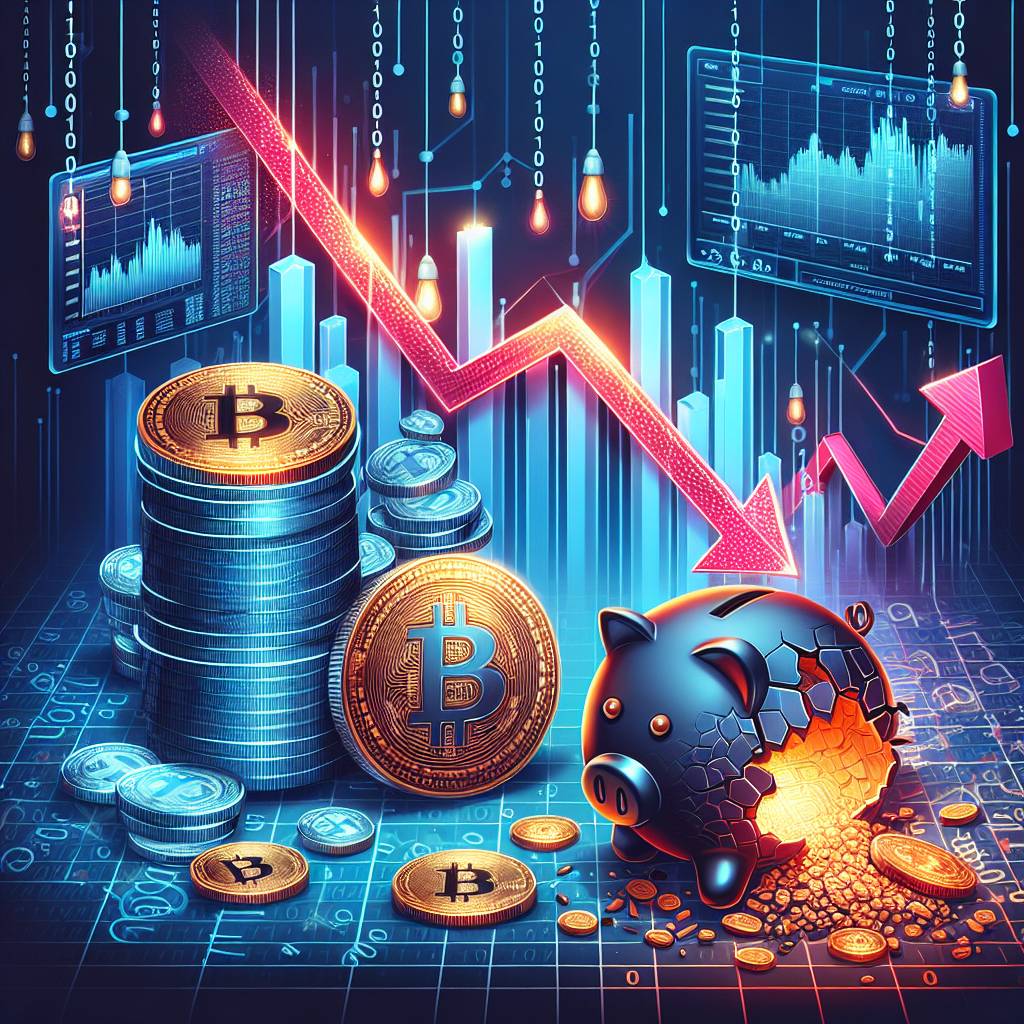What are the risks of staking in DeFi?
What are the potential risks and drawbacks associated with staking in decentralized finance (DeFi)?

3 answers
- Staking in DeFi comes with its fair share of risks. One of the main risks is smart contract vulnerabilities. Since DeFi platforms are built on smart contracts, any bugs or vulnerabilities in the code can be exploited by hackers, leading to potential loss of funds. It's important to thoroughly research and audit the smart contracts before staking your assets. Another risk is the volatility of the cryptocurrency market. The value of the tokens you stake can fluctuate significantly, which means you may end up with less value than you initially invested. It's crucial to consider the market conditions and assess the potential risks before staking your assets. Additionally, there is the risk of slashing. Slashing occurs when a staker behaves maliciously or violates the rules of the network. In such cases, a portion of the staker's funds may be permanently lost as a penalty. It's essential to understand the rules and requirements of the specific DeFi platform you are staking on to avoid potential slashing. Lastly, there is the risk of impermanent loss. When staking in liquidity pools, the value of your assets can change relative to other assets in the pool. If the price ratio between the assets shifts significantly, you may experience impermanent loss, which can result in a decrease in the overall value of your staked assets. Overall, while staking in DeFi can be a profitable venture, it's important to be aware of the potential risks and take necessary precautions to mitigate them.
 Apr 12, 2022 · 3 years ago
Apr 12, 2022 · 3 years ago - Staking in DeFi can be a lucrative way to earn passive income, but it's not without its risks. One of the major risks is the possibility of smart contract vulnerabilities. Since DeFi platforms are built on blockchain technology, any flaws in the smart contracts can be exploited by attackers, potentially leading to the loss of your staked assets. Another risk to consider is the volatility of the cryptocurrency market. The value of the tokens you stake can fluctuate wildly, and if the market takes a downturn, you may end up with less value than you initially invested. It's important to carefully assess the market conditions and only stake an amount you are willing to lose. Furthermore, there is the risk of centralization. Some DeFi platforms may have a high concentration of staked assets in the hands of a few large players, which can lead to centralization of power and potential manipulation of the network. Lastly, regulatory risks are also a concern in the DeFi space. As governments around the world start to pay more attention to cryptocurrencies and DeFi, there is a possibility of increased regulation, which could impact the operations of DeFi platforms and stakers. In conclusion, while staking in DeFi can be a profitable endeavor, it's important to be aware of the risks involved and take necessary precautions to protect your assets.
 Apr 12, 2022 · 3 years ago
Apr 12, 2022 · 3 years ago - Staking in DeFi carries certain risks that you should be aware of. One of the risks is the potential for smart contract vulnerabilities. Since DeFi platforms rely heavily on smart contracts, any bugs or vulnerabilities in the code can be exploited by malicious actors, resulting in the loss of your staked assets. Another risk to consider is the market volatility. Cryptocurrencies are known for their price fluctuations, and the value of the tokens you stake can go up or down. It's important to have a long-term perspective and be prepared for potential losses. Additionally, there is the risk of impermanent loss when staking in liquidity pools. Impermanent loss occurs when the value of the tokens you provide as liquidity changes relative to other tokens in the pool. This can result in a decrease in the overall value of your staked assets. Furthermore, there is the risk of regulatory changes. As the DeFi space continues to grow, governments may introduce new regulations that could impact the operations of DeFi platforms and stakers. To mitigate these risks, it's important to do thorough research, choose reputable DeFi platforms, and diversify your staked assets. It's also advisable to start with a small amount and gradually increase your stake as you gain more confidence and experience in the DeFi ecosystem.
 Apr 12, 2022 · 3 years ago
Apr 12, 2022 · 3 years ago

Related Tags
Hot Questions
- 87
How does cryptocurrency affect my tax return?
- 77
How can I protect my digital assets from hackers?
- 75
What is the future of blockchain technology?
- 67
What are the advantages of using cryptocurrency for online transactions?
- 63
Are there any special tax rules for crypto investors?
- 59
What are the best practices for reporting cryptocurrency on my taxes?
- 48
What are the best digital currencies to invest in right now?
- 41
How can I buy Bitcoin with a credit card?


